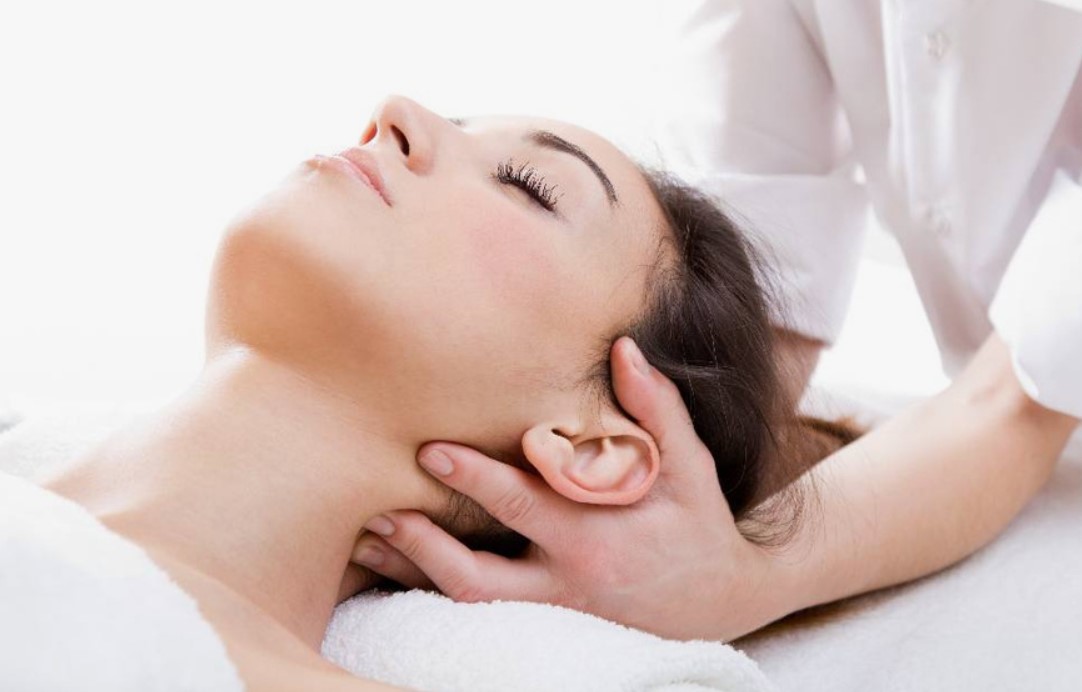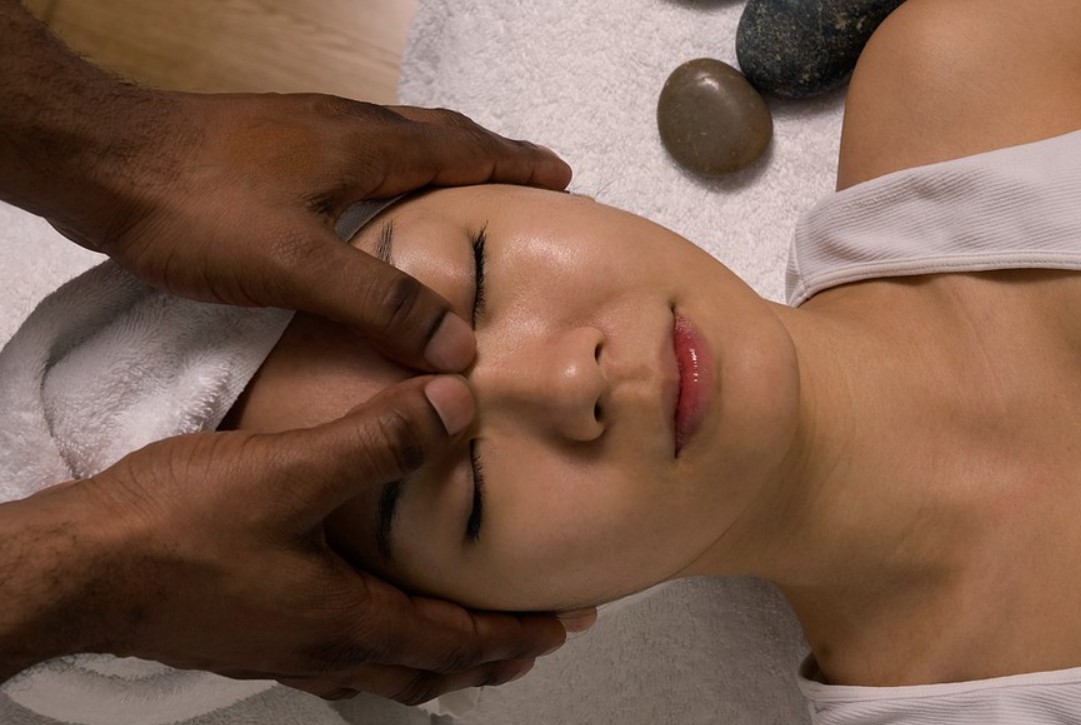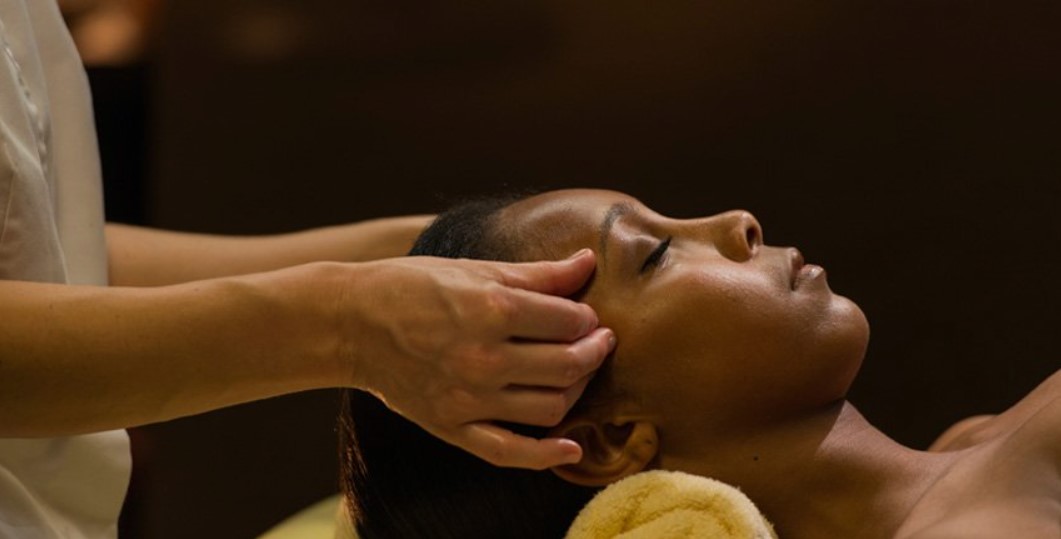How Dubai’s Hot Climate Affects Muscle Tension and Stress Levels

Introduction to Dubai’s Climate and Its Physiological Impact
Dubai’s desert climate, marked by temperatures frequently exceeding 45°C (113°F) and accompanied by high humidity, poses unique challenges to human physiology. For both residents and visitors, the relentless heat not only leads to discomfort but can also exacerbate physical tension and mental stress. Understanding how these climatic conditions influence muscle function and psychological well-being is critical to maintaining overall health in such an environment.
Effects of High Temperatures on Muscle Function
Heat exposure affects muscle elasticity and increases the likelihood of muscle stiffness. In Dubai, intense temperatures often result in dehydration, which diminishes the water content in muscle fibers, causing them to tighten. This makes the muscles more prone to cramps, particularly during physical activities such as outdoor sports or labor. Electrolyte imbalances further amplify the problem; with high levels of sodium, potassium, and magnesium lost through sweat, the neuromuscular system is less able to coordinate muscle movements efficiently.
Even individuals leading sedentary lifestyles may notice discomfort in their neck, back, and shoulders during periods of high heat. This tension arises from prolonged muscle contractions due to inadequate hydration, which limits the relaxation potential of muscle fibers. Over time, this can develop into chronic discomfort if not properly addressed through hydration, stretching, or massage therapy.

Heat, Circulation, and Muscle Tension: The Vascular Response
Dubai’s hot climate has a direct impact on circulation, with vasodilation—widening of blood vessels—being a common physiological response to extreme temperatures. While increased blood flow can aid in muscle relaxation under normal conditions, prolonged vasodilation can lead to blood pressure drops, reducing the flow of oxygenated blood to muscles. This limited circulation results in muscle fatigue and persistent tightness, making activities like walking or standing for extended periods more strenuous.
Conversely, sudden shifts from extreme outdoor heat to air-conditioned spaces can constrict blood vessels rapidly, contributing to joint and muscle stiffness. This makes temperature regulation critical for maintaining muscle health throughout the year, especially during Dubai’s peak summer months.
Psychological Impact: How Heat Triggers Stress Responses
Psychological stress is another byproduct of extreme heat. Studies show a strong link between high temperatures and elevated cortisol levels, the hormone responsible for stress. Heat-induced discomfort increases irritability, shortens attention spans, and disrupts sleep patterns. In Dubai, where residents often work long hours in air-conditioned environments, stepping outside into stifling heat can feel overwhelming, triggering emotional and physical exhaustion.
This stress manifests not only mentally but also physically through muscle tension. Individuals under chronic stress often develop muscular tightness, particularly in the neck and shoulders. Over time, this can lead to pain and reduced mobility, compounding the physical discomfort already caused by Dubai’s environmental conditions.
The Role of Dehydration in Exacerbating Muscle Tension
Dehydration remains one of the most significant risks during Dubai’s hotter months. Insufficient water intake reduces the flexibility of muscle fibers, making them more susceptible to strain and injury. This effect is particularly concerning for individuals engaging in outdoor activities, as they lose both water and electrolytes at accelerated rates. Without proper hydration, muscle cramps and spasms become more frequent, increasing the need for effective relaxation interventions such as yoga, massage therapy, and stretching routines.
In addition to causing physical discomfort, dehydration also exacerbates psychological stress. A study by the National Institutes of Health suggests that even mild dehydration can impair cognitive function and elevate stress levels, further highlighting the need for balanced hydration during Dubai’s hotter seasons.
Managing Muscle Tension and Stress with Massage Therapy
Massage therapy plays a critical role in managing the physical and psychological effects of Dubai’s climate. Regular massages help alleviate muscle tension by improving circulation, enhancing oxygen flow to muscle tissues, and reducing cortisol levels. For residents and visitors, visiting the best spa in Dubai provides not only an escape from the heat but also access to expertly delivered relaxation therapies tailored to individual needs. Techniques such as Swedish massage or aromatherapy can release muscular tightness and provide mental rejuvenation, promoting overall well-being.
In addition to professional treatments, individuals can adopt self-care routines between spa visits. Practices like foam rolling, stretching exercises, and the application of cooling gels can help mitigate muscle tension. Incorporating regular massage into wellness routines ensures long-term muscle health and reduces the cumulative effects of stress, enhancing the quality of life.

Strategies to Mitigate Heat-Induced Muscle and Stress Issues
Adopting preventive measures is essential to minimize the negative effects of Dubai’s climate on muscle tension and stress levels. Hydration remains paramount—individuals should aim to drink water consistently throughout the day, especially if they are engaged in physical activities. Adding electrolytes to water during prolonged heat exposure can prevent cramps and maintain muscle function.
Physical activities should be scheduled during cooler parts of the day—early morning or late evening—to avoid excessive heat stress. Wearing breathable clothing and applying sunscreen further minimizes discomfort during outdoor activities. Additionally, engaging in indoor exercise options such as yoga or swimming provides a safer alternative to outdoor workouts during peak summer months.
Temperature Regulation and Recovery Techniques
Alternating between hot and cold environments can place significant strain on the body. Simple strategies, such as gradually adjusting to cooler environments after being outdoors, help the body acclimate without triggering sudden vascular changes. Incorporating recovery techniques like cold showers, cooling compresses, or ice baths helps ease muscle fatigue and improve circulation.
Yoga and mindfulness practices also play a vital role in managing both physical and mental stress. These activities encourage muscle relaxation through controlled breathing and stretching, which enhances flexibility and reduces stiffness. Furthermore, yoga helps regulate cortisol levels, mitigating the psychological effects of heat-induced stress over time.
Conclusion
Dubai’s hot climate creates unique challenges for both physical and psychological well-being. Muscle tension, fatigue, and increased stress levels are common consequences of prolonged exposure to extreme heat. The effects of dehydration, limited circulation, and disrupted sleep patterns further compound these issues. However, with the right strategies—such as staying hydrated, scheduling outdoor activities mindfully, and incorporating massage therapy into wellness routines—individuals can effectively manage the impact of Dubai’s environment.
Understanding the interplay between heat, muscle tension, and stress empowers residents and visitors to make informed lifestyle choices. By proactively addressing these challenges, individuals can maintain optimal health and well-being, ensuring they thrive despite the demanding climate of Dubai.
Biker, shiba-inu lover, guitarist, Swiss design-head and multidisciplinary designer. Performing at the fulcrum of aesthetics and programing to create not just a logo, but a feeling. Let’s design a world that’s thoughtful, considered and aesthetically pleasing.

